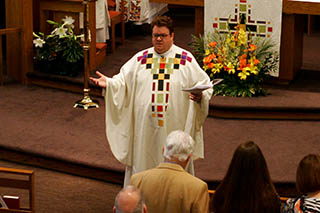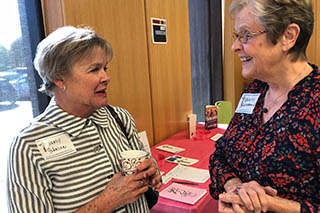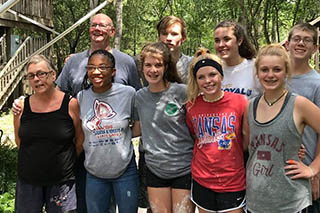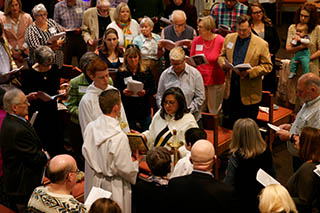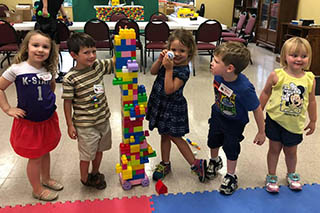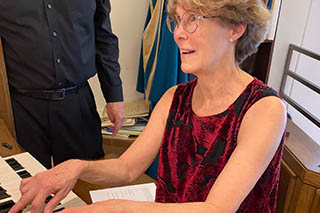Imagine for a moment that you have a loved one who lives a distance from you and has become desperately ill. You would give anything to be in closer proximity so that you could reach out and help with the care of this special relative or friend; instead, you will have to create long-distance caregiving. This was the situation in which my husband and I found ourselves some twenty months ago. With Covid rearing its ugly head and complicating life for everyone, our eighteen-year-old beloved grandson was diagnosed with Lymphoblastic Lymphoma, a B-cell blood cancer not unlike Leukemia. This was the beginning of 18 months of intravenous chemotherapy and accompanying treatments. Our grandson does not live near us, but in a community some forty miles away. We asked ourselves how we could help him to endure the nauseating treatments and conquer this hideous disease from a distance.
Our long-distance caregiving began with telecommunications as he was too sick to talk on the phone; we e-mailed frequently and texted almost daily. We also wrote and mailed notes of encouragement, love, and hope. When he was strong enough to carry on a conversation, we phoned and FaceTimed. Keeping food down was a huge issue, so we set aside every Friday for over a year to prepare a meal and dessert of his choosing; frequently, when we drove to his family’s home to deliver the food that he had requested, we found him unable to consume a single bite without becoming violently ill. As he became stronger and felt like doing something outside of his home or the medical center, we began to take him on short excursions, such as to the Nelson Art Gallery, Union Station, and hockey games when Covid would permit. Very recently, we took him with us to view the migration of Sand Hill Cranes in mid-Nebraska which we all enjoyed!
Currently, our amazing grandson’s treatment has been changed to oral chemotherapy; he will remain in this stage of treatment for two more years. This delivery system seems to be much easier on his body and his mind, and he is now able to feel fairly well on most days. We continue to be in frequent touch with this amazing young man and his family, and we feel that we have contributed to his healing as best we could. In a perfect world, no other families will be faced with a situation similar to ours and with the need for such measures; however, should the need arise, a heartful of love can create long-distance caregiving.
Submitted by Margaret Walkenshaw
